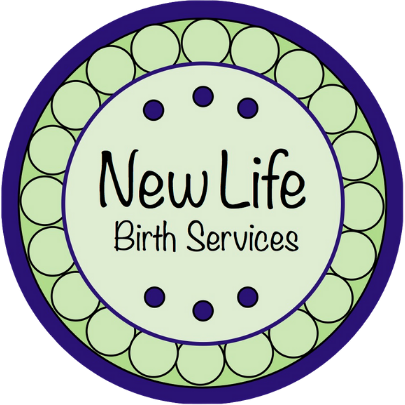Mindfulness for New Parents
Written by Michele Tartaglia
There are many techniques to help emotionally unburden yourself during the postpartum period and one of my favorites is mindfulness meditation. Mindfulness is the practice of intentional, non-judgmental awareness of yourself and your surroundings in the present moment. Bringing your thoughts away from past events or future planning for just a few minutes each day can help reverse your body’s reaction to stress and promote emotional regulation. Non-judgmental mindfulness involves checking in with yourself both physically and emotionally on a regular basis. Try to name a few things you see, hear, smell, taste, feel physically, and feel emotionally in the present moment. Here is an example:
While waking up: ‘I hear my baby crying but I don’t want to get up, I wish she would just go to sleep, I know she isn’t hungry, I’m exhausted and this feels terrible… maybe I should try mindfulness… I can hear my baby crying, but I can also hear the ceiling fan above me, I can feel the softness of the sheets, I am noticing my feelings of irritation, I also feel a bit like crying again, I am such a bad mom for not getting up already… wait, how can I reframe this in a non-judgmental way… It is understandable why I feel irritated and stressed, I’ve gotten very little sleep and my body is still healing. These are normal feelings for postpartum moms and I know it will not always be this difficult. I can feel my heartbeat slowing and my breathing get deeper, I don’t feel happy but I feel less upset, I think I can get up and hold the baby now.’
In only a few minutes you can lessen your feelings of stress to become something more tolerable. The beginning of your mindfulness journey will be spent trying to remind yourself to take a step back and become aware of the present moment. I recommend placing household items in odd places as a reminder to check in with yourself.
‘Why is there a jar of basil on my sofa?? Oh yeah, time to check-in. I’ll place it on the bathroom sink when I’m done so I’ll remember to check in again later.’
Getting into the habit of intentional awareness, even if not much is happening, will help you to remember your mindfulness skills when you need them later.
Mindfulness meditation can also be a tool to help slow racing thoughts and fall asleep faster. First, get into a comfortable seated or lying position and gently close your eyes. Notice your breathing and how the air feels against your nose, is it warm or is it cool? Place one hand on your chest and one on your stomach, what do you feel? Next, slow down your breathing- in for a count of four, hold for two, then out for four. Bring your awareness to your surroundings- observe what you hear, smell, and feel. At some point, your thoughts will wander, and that’s okay. When you notice, bring your thoughts back to your breath and begin again.
For additional help, try a guided mindfulness meditation on YouTube. I highly recommend Michael Sealey, TheHonestGuys, and Jason Stephenson.
Wishing you self-empowerment on your journey,
Michele
